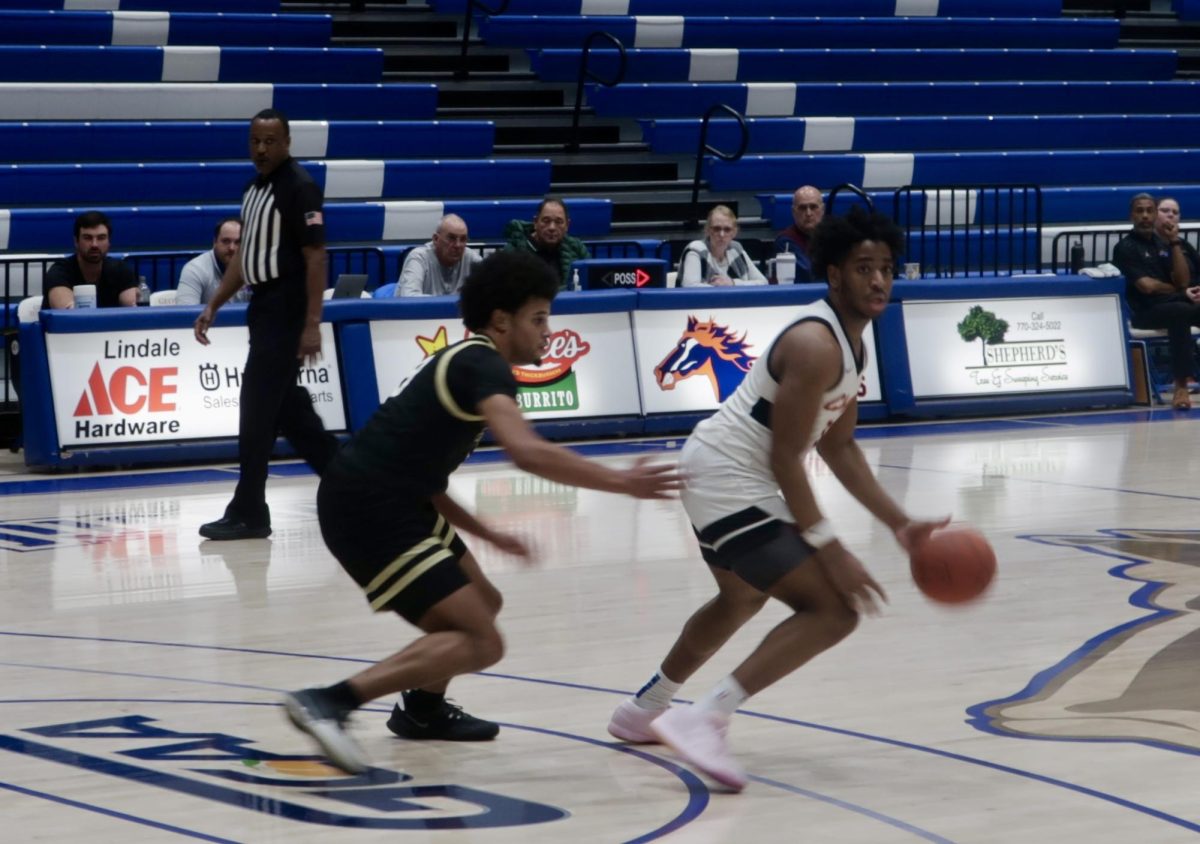The HOPE Scholarship targets and discriminates against non-traditional students.
Unfortunately, students who have graduated from high school, completed home studies or acquired a GED seven years or more prior to attending college are not eligible for the scholarship.
How will this affect a young mother or father who stayed at home with her or his child during the child’s first years?
What does it mean for a person who decided to put off matriculation until he or she spent some time in the work force or even a former student who wasn’t prepared for the college experience the first go-around, and wants to give it another try?
It spells hardship for these students and the University System of Georgia (USG) as non-traditional students comprise 12.5 percent of the collegiate population and 20 percent of GHC’s students.
I have always admired what Henry David Thoreau once said. “If a man does not keep pace with his companions, perhaps it is because he hears a different drummer.”
Life can alter the beat of this metaphorical drum line and delay the process of seeking an education.
Many of these students have a greater appreciation for the value of aspiring towards reaching the goal of earning a degree.
The college campus becomes much more than simply a social forum to many of these students, and instead a place for students to better themselves in a way that can’t help but change lives.
This could be an opportunity in the field that will earn students a living or simply renew a sense of pride that could be all but lost and forgotten in their hearts and minds.
Since the cuts have been made the state has slashed the HOPE award total by 40 percent. During this school year, the scholarship money awarded has shrunk an additional $80 million.
This could indicate a lack of emphasis on the importance of higher education in the state of Georgia which results in smaller attendance turnout.
But there certainly is not an absence of desire on the part of students of an ilk and demographic that differs from the majority to become what they want to be.
Should one stop to take a look around one would find many of these students in positions of leadership in many facets of clubs and other college organizations.
Instead of punishing non-traditional students for their proverbial late blooming ways, we should reward them for having the persistence and gall to challenge the conventional.
We should remember the words of Thoreau that pertains to those struggling to attune, as he concluded, “Let him step to the music which he hears, however measured or far away.”
































































